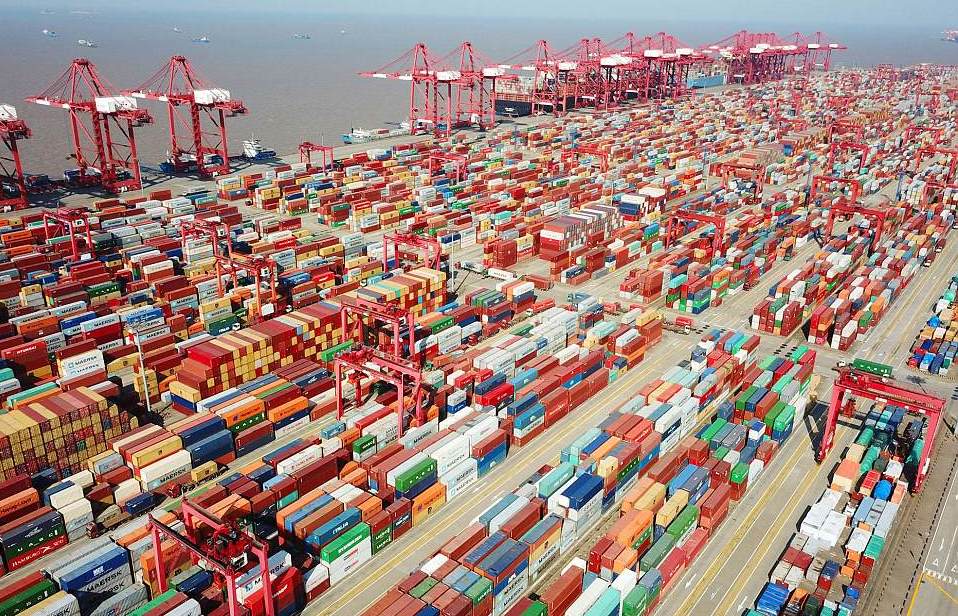
11 Apr Los Angeles and Long Beach Ports Back to Normal Operations After Labor Disruption
The nation’s largest port gateway, the Port of Los Angeles and the Port of Long Beach, recently faced a labor disruption that impacted the movement of goods at the terminals. The disruption was caused by a lack of longshore workers reporting to work due to a scheduled monthly chapter meeting of the International Longshore and Warehouse Union on Thursday and religious reasons on Friday. However, Prime Freight, a leading freight forwarder in North America, ensured that all of their clients were informed of the situation and any potential delays.
The disruption resulted in several terminals closing on Thursday evening and Friday morning. However, the disruption ended by Friday evening when workers were dispatched to terminals at the two ports for the day’s second shift. The Port of Los Angeles and Port of Long Beach confirmed that terminals reopened starting Friday evening and were open on Saturday. Although some terminals had limited operations over the weekend, by Monday, both ports had resumed mostly normal operations, according to port officials.
While the terminal disruptions were limited, shippers and truckers relying on the ports may see some ripple effects. According to Ian Weiland, chief operating officer at Junction Collaborative Transports, “if your container was scheduled to be pulled last night, today, or over the weekend, expect delays in pulling the container. If your empty has not yet returned, expect delayed empty returns and unfortunately additional charges.”
Several trade associations representing shippers decried the port disruptions in statements on Friday. The Agriculture Transportation Coalition reported that one of its members had ten trucks turned away from Long Beach Container Terminal on Thursday evening, resulting in an estimated $20,000 loss for the company. The Pacific Maritime Association, which represents shipping lines and terminals that act as port employers, has been negotiating a new master contract with the International Longshore and Warehouse Union since May 2022.
While the two parties have insisted they would seek to prevent large-scale supply chain disruptions, operating without a contract has made it difficult to resolve small disputes at West Coast ports via arbitration, leaving ports exposed to limited disruptions. The National Retail Federation has called on the White House to help prevent future disruptions, saying “it is essential that the ongoing labor negotiations between the International Longshore and Warehouse Union and the Pacific Maritime Association are resolved immediately.”
In conclusion, the Port of Los Angeles and Port of Long Beach have resumed normal operations after a labor disruption caused by a lack of longshore workers reporting to work. Although limited disruptions were observed, the incident serves as a reminder of the importance of efficient supply chains, especially in freight forwarding in North America. The ongoing labor negotiations between the International Longshore and Warehouse Union and the Pacific Maritime Association need to be resolved to prevent future disruptions in the ports.

